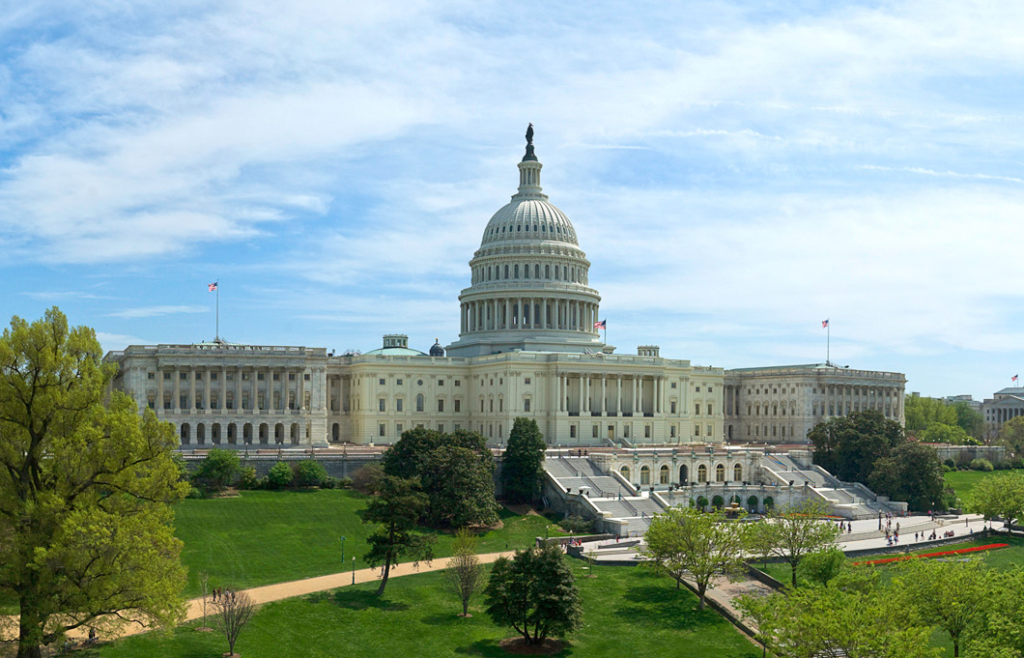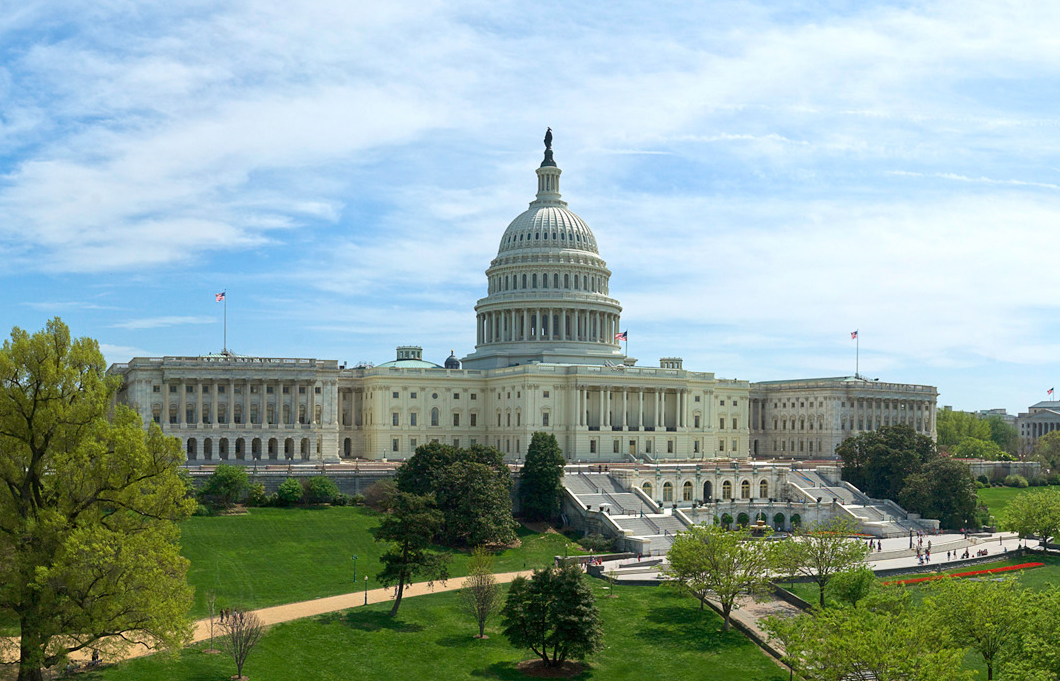Understanding the Relationship Between the Debt Ceiling and SSI Payments

The debt ceiling can have significant impacts on the Social Security Income (SSI) program.
Debt Ceiling: What is it?
The debt ceiling is the maximum amount of money that the government can borrow to pay its outstanding bills and other financial obligations. Essentially, it sets a limit on how much money the government can borrow to cover its expenses. Failure to raise the debt ceiling can have catastrophic consequences on the economy, financial markets, and individuals who rely on various programs that are federally funded.
SSI: What is it?
Supplemental Security Income (SSI) is a vital financial safety net program that provides monthly support to over 8 million low-income older adults and individuals with disabilities across the US. The program offers crucial help to the most vulnerable populations in our society, helping them to pay for basic needs like food, housing, and healthcare. The Social Security Administration administers this program but does not fund it. Federal taxes fund SSI.
How Does the Debt Ceiling Affect SSI?
A debt ceiling raise means the government can continue to fund the program. A debt ceiling breach means the government may not have enough funds to cover all its financial obligations, possibly delaying or reducing payments.
It’s important to note that while a debt ceiling increase can have positive impacts on SSI beneficiaries, it does not mean an increase in SSI payments. The overall funding level for SSI is set by Congress and the President, and a debt ceiling increase only enables the government to provide the funding it has already committed to the program.
Impact of a Debt Ceiling Breach on SSI Payments
A debt ceiling breach can lead to delayed or reduced SSI payments. For beneficiaries who rely on these payments to meet their basic needs, any delay or reduction can have severe consequences on their health, safety, and well-being.

SSI recipients receive their payments on the first of the month. If we reach the debt ceiling before June 1, then they may not send the June payments on time. If we reach it after June 1 but before July 1, then July payments may be late. If they reach a compromise after June 1, there could still be delays in the July payments because of technical issues that arise from a shutdown. If your payment is late, contact your local Social Security office.
Effects of Government Shutdowns on SSI
- Healthcare Access
During a government shutdown, there can be disruptions in healthcare access for SSI beneficiaries who rely on federally funded healthcare programs. Be sure to check with your provider before your appointment.
- Economic Stability
A government shutdown can destabilize the economy, leading to job losses and financial hardship for the most vulnerable populations, including SSI beneficiaries.
- Social Services
SSI beneficiaries may rely on a range of social services that are impacted by government shutdowns, including food assistance, rent subsidies, and employment services.
Conclusion
While the debt ceiling is a complex issue, its potential impact on SSI is straightforward – a breach can have devastating consequences on the most vulnerable populations in our society. It’s up to policymakers to ensure that SSI beneficiaries are protected from these impacts, and that crucial social safety net programs like SSI are adequately funded and protected.
I originally posted this article through the You Don’t Need a Cape newsletter.



